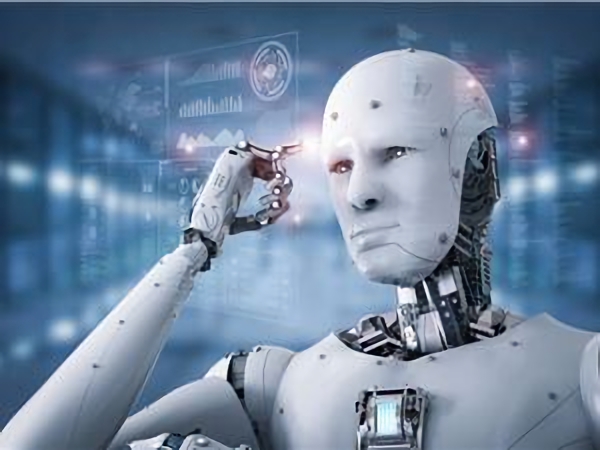At the World Economic Forum in Davos, Switzerland, experts at the conference held a heated discussion on the future development of artificial intelligence and its potential impact. Anthropic CEO Dario Amodai predicts that AI will make breakthroughs in biology and may double human life span in the next five to ten years. He is also confident in the prospects for AI in the workplace, believing that AI will be competent for advanced tasks and significantly improve work efficiency. However, he also expressed concerns about the potential risks of AI, including the possibility of aggravating authoritarian rule and forming a surveillance society.
At the World Economic Forum in Davos, Switzerland, Anthropic CEO Dario Amodei said the rapid progress of artificial intelligence (AI) in biology is expected to achieve human life span in five to ten years. Double the amount. He believes that if AI can be effectively utilized and the time for biological research can be shortened, a hundred years of biological progress may be achieved in just five to ten years.
Amodai mentioned that Anthropic is developing a "virtual collaborator" that enables advanced tasks in the workplace, such as opening Google Docs, using Slack Message Channels, and interacting with employees. Managers will only need to communicate with this AI agent occasionally, similar to how they manage human employees. He also said that over the past three to six months, he has become more confident in the development of AI systems, believing that by 2026 or 2027, AI systems will surpass most humans in almost all tasks.

However, Amodai also proposed that despite the rapid development of AI technology, it still faces bureaucratic obstacles in the physical world and human institutions. Taking self-driving cars as an example, Amodai pointed out that the complexity of the real world and bureaucratic processes have limited technological advancement. Pfizer CEO Albert Bourla also mentioned that AI is shortening the time for drug development, from years to months, but still needs clinical trials and regulatory approvals.
Regarding self-driving cars, Uber CEO Dara Khosrowshahi stressed that despite the continuous advancement of technology, public trust remains a huge challenge. He said AI must be ten times more secure than humans to gain public recognition.
Amodai also expressed concern about the impact of AI on the political system. He was worried that AI would intensify autocratic rule and even form a surveillance society like "1984". Ruth Porat, president and chief information officer of Google, stressed that Western countries must maintain a leading position in AI development and create a regulatory environment conducive to innovation to meet future challenges.
In short, AI technology is developing rapidly, bringing infinite possibilities, and it is also accompanied by many challenges and risks. How to fully utilize the potential of AI while ensuring technical security and ethical norms is an important issue before mankind. It is necessary to work together around the world to establish a complete regulatory mechanism to guide AI to develop in a positive direction and benefit all mankind.